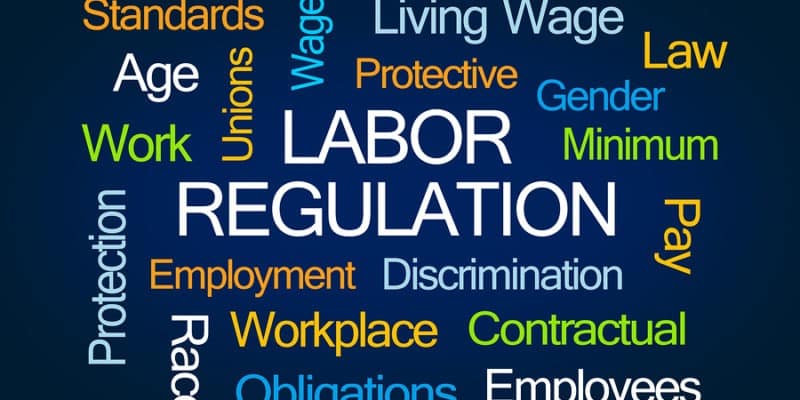JD Supra – Jan. 18, 2023
On Jan. 6, 2023, the U.S. District Court for the District of Arizona upheld President Joe Biden’s authority to issue an Executive Order (EO) increasing the minimum wage for federal contractors and subcontractors to $15 per hour.
As McGuireWoods previously reported, on April 27, 2021, President Biden signed an (EO) requiring federal contractors performing service, construction or concession contracts to pay a $15 minimum hourly wage to employees working on such contracts. Subsequently, the U.S. Department of Labor issued a Final Rule implementing the EO.
The EO invited litigation, and on Jan. 6, 2023, an Arizona federal court ruled in favor of the Biden Administration, dismissing a challenge brought by attorneys general for Arizona and four other states. The states argued that the EO and Final Rule violated the Federal Property and Administrative Service Act (FPASA), the Administrative Procedures Act and the Spending Clause of the U.S. Constitution, among other things. In response, the federal government argued the EO and Final Rule were “unremarkable,” noting that the past three presidents had altered the minimum wage for federal contractors pursuant to the FPASA.
The court found the wage increase had a sufficiently close nexus to the FPASA’s purposes of promoting economy and efficiency in federal contracting. In so holding, the court credited the President’s rational determination that improvements to productivity and quality of work from a wage increase would outweigh any cost increases in federal procurement.
The court further found the application of the wage increase to subcontractors was valid, and noted their inclusion was necessary to close potential loopholes.
The administration continues to defend the wage increase in other venues, including in a similar suit in Texas, and a narrower challenge in Colorado to its application to recreational contractors on public lands. In the Colorado case, the U.S. Court of Appeals for the Tenth Circuit preliminarily blocked the hike on recreational contractors pending substantive review. However, the wage increase otherwise has gone into effect for government contractors and subcontractors, so any bids for government contracts should take it into account.









